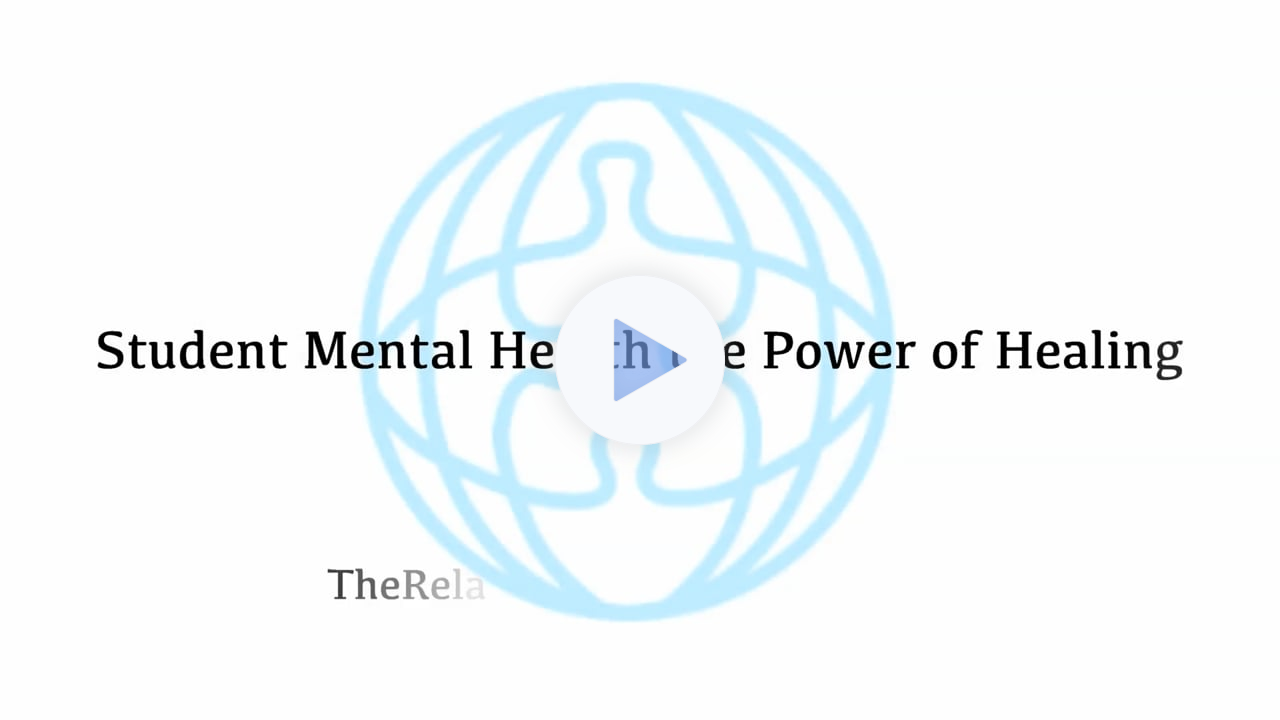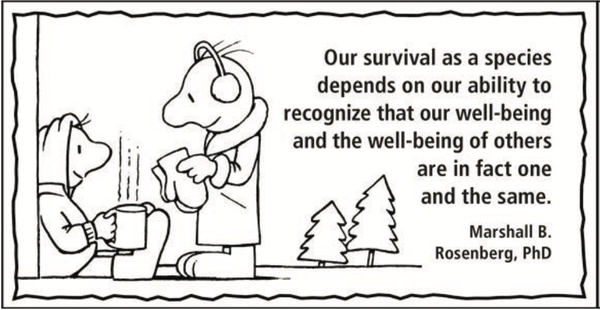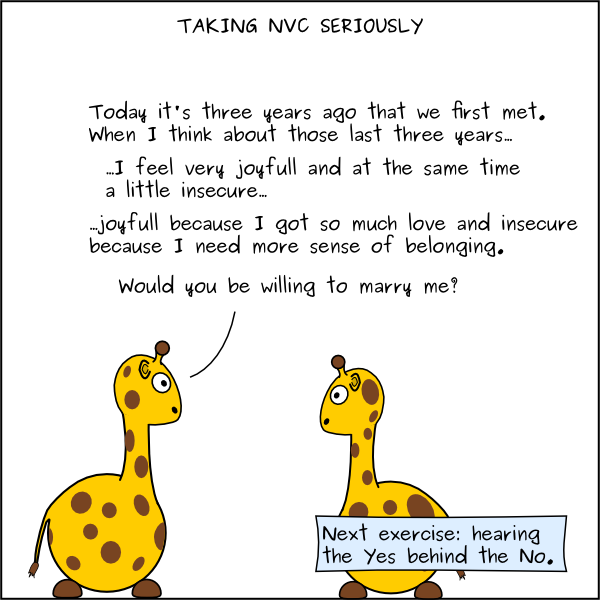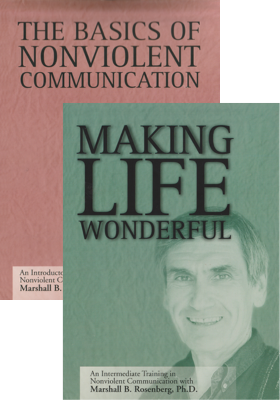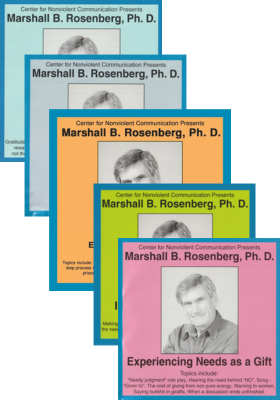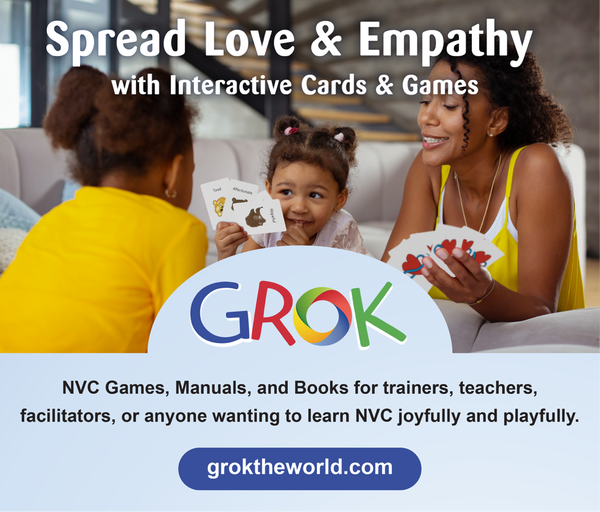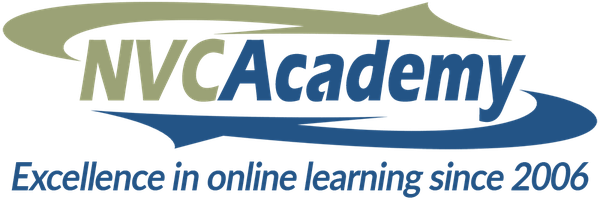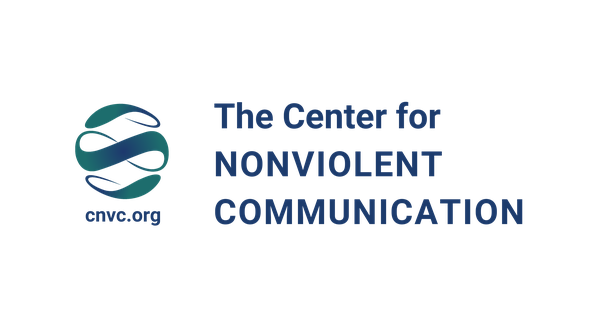|
|
|
|
NVC Monthly NewsletterMay 2024 |
What You'll Find in This Month's Newsletter:Events - Upcoming International Intensive Trainings (IIT)
Articles - Nonviolent Communication and Forgiveness
- How Detachment Can Be Loving For All
- Nonviolent Communication - An Introduction
Fundraisers - CCCO -
Empathy Calls
- The Relationship Foundation - Stabilize Schools in the Midst of Social Unrest
Book Specials 50% OFF both full Retail and eBooks Price - Nonviolent Communication Toolkit For Facilitators
- Nonviolent Communication Companion Workbook
- Speak Peace in a World of Conflict
Distance Learning Opportunities - NVC Academy
- The Center for Nonviolent Communication Trainings
Book Excerpts - Nonviolent Communication Toolkit For Facilitators - Chapter 2
- Nonviolent Communication Companion Workbook - Part III
- Speak Peace in a World of Conflict - Chapter 2
Handouts - Downloads
- Recommended Links
Peaceful Daily Reflection/Meditation - Change Your Thoughts to Change Your
World
Poem - IT'S NEVER TOO LATE TO...
Resources - Becoming a CNVC certified
trainer
- Guidelines for Sharing NVC for Individuals who are not Certified Trainers
NVC Resources - NVC TIP SERIES (Free daily and weekly tips)
- FREE RESOURCES
- NVC FACEBOOK GROUPS
- NEW ** NVC LINKEDIN GROUPS **
NEW
|
CNVC - International Intensive Trainings Description You'll be immersed in a community of people learning, practicing, and applying Nonviolent Communication from the moment you sign up. Each of CNVC's IITs are hosted in different countries and languages in effort to expand their reach for all who wish to experience the depth of NVC and connect with a growing community of passionate learners and practitioners. Upcoming IITs - United States(CA) - Starts May 24th
- Romania - Starts August 16th
|
Nonviolent Communication and Forgiveness |
Nonviolent Communication and ForgivenessBy Alan Rafael Seid, CNVC Certified Trainer Forgiveness — and the whole topic of apologizing — is fraught with confusion and pitfalls. Why do apologies sometimes seem to “work” and other times they fall flat? How do you forgive someone? Is it possible to make someone forgive you? What does empathy have to do with forgiveness? What does healing and reconciliation during and after a conflict look like? And how does NVC contribute to our clarity and effectiveness when it comes to forgiveness? Let’s answer these questions
starting with Nonviolent Communication itself, and what it means to forgive. Introduction to Nonviolent Communication and Forgiveness Nonviolent Communication (NVC) is a process for creating the quality of connection that makes it easy to prevent and resolve misunderstandings and conflicts, and arrive at mutually agreeable outcomes. NVC is based on the premise that we all have the same Universal Human Needs. By connecting with each other about what’s important at an underlying level we can find mutually satisfying strategies to meet most if not all the needs. However, there are some pitfalls associated with apologizing and forgiveness, including a few ways many of us have been taught that simply don’t work. Below, I mention 3 types of
apologies: (1) robotic, (2) life- disconnected, and (3) life-connected, life-serving. This last one is the NVC apology. Read More
How Detachment Can Be Loving For All by Wayland Myers
Many years ago, I heard a drug rehab counselor say, "Detachment is a means whereby we allow others the opportunity to learn how to care for themselves better.” I felt confused and disturbed. I was a parent. My teenage child’s life and our family were being ravaged by their struggle with drug and alcohol use. Was I being told I shouldn’t try to stop them from using drugs and
alcohol? That I shouldn’t try to protect them from themselves or try to control their recovery? I had heard about this “loving detachment” before, and it sounded like a self protective form of abandonment. But this counselor made it sound like a gift. How could that be? Over time, I began to understand what the counselor meant. I slowly discovered several mutual benefits that derived from practicing loving detachment when
trying to support someone struggling with addiction. Then, I saw that these benefits could be realized in other situations I found challenging. Like when I was relating to someone who had a chronic illness that required wise self-care to be practiced over long periods of time and I worried they were failing to do that. Depression, diabetes, attention deficit disorder, and schizophrenia came to mind. Then I thought, what about people struggling to learn complex life skills like effective study
habits, finding a job, managing their personal finances, handling friendships and love affairs? My interventions in those learning processes sometimes caused more troubles than they solved. Maybe loving detachment would be helpful there as well. With these expanded visions, I became very excited about the value of learning to be supportive and lovingly detached at the same time.... Read More
Nonviolent Communication - An Introduction by Wayland Myers
Of the millions of species that have come, gone, and are alive today, why are we the ones that are the most successful, capable, and dominant? It's a question that may or may not ever find its answer but one track of our evolutionary development is quite different from any other species. Throughout our
history, the traits, mutations, inclinations, and cultural practices that improved our abilities to get along and helped sustain group cohesion have been retained, improved, and passed onto future generations - over, and over, and over. Our species has become successful at living in groups of ever-increasing size, complexity, and composition, and we are enjoying the tremendous benefits this makes possible. We are not alone in these skills nor in their benefits, just ask the ants, bees, and
termites... Read More |
When we sense ourselves being defensive or unable to empathize, we need to (1) stop, breathe, give ourselves empathy: (2) scream nonviolently: or (3) take a time out. Marshall Rosenberg |
The Compassionate Communication Center of Ohio shares the principles and practices of Compassionate-Nonviolent Communication (NVC), as developed by the American psychologist, Dr. Marshall Rosenberg, and inspired by the nonviolence teachings of Mahatma Gandhi and Dr. Martin Luther King, Jr. Founded in 2006, we are a 501(c)(3) non-profit
organization based in Columbus, Ohio, USA that works in partnership with other regional NVC organizations throughout the world, and with the international organization founded by Dr. Rosenberg, the Center for Nonviolent Communication. A non-profit organization equipping people for practical peacemaking and restorative connections Help us share Compassionate Communication widely. Join in creating a more
compassionate world and consider making one-time or a recurring donation.
The Relationship Foundation - Stabilize Schools in the Midst of Social Unrest
We're the Relationship Foundation, a small nonprofit with a big vision making an impact in Social and Emotional Learning. Temporary COVID-relief funds for programs such as ours will end in 2024. Your donation will help us provide much needed training sessions and curricula for underserved schools. Ten underserved schools have requested our curriculum and training sessions for their students and teachers. Teachers are saying the life skill Nonviolent Communication we teach is the next step in Social and Emotional Learning...
|
NVC Self-forgiveness; connecting with the need we were trying to meet when we took the action that we now regret. Marshall Rosenberg |
CDs and DVDs We offer Audio and Video of Marshall Rosenberg's teachings and wisdom. Nonviolent Communication provides powerful tools for resolving differences at personal, professional, and political levels. Dr. Rosenberg first created and began to offer Nonviolent Communication skills training to peacefully integrate schools and other public institutions during the 1960s. Since then, Dr. Rosenberg
and his associates have introduced NVC in over thirty countries to educators, students, parents, managers, mental health and health care providers, military officers, peace activists, lawyers and mediators, prisoners, police and clergy, and more. These dvd’s and cd’s are copyrighted. Purchasing these from the Puddledancer Press website ensures that royalties will be paid to the Rosenberg foundation. If you view these
videos/cds from other sites then no royalties are paid. Thank you for your consideration. |
|
|
Video Details - The Basics of NVC
- Making Life Wonderful
|
Audio Details - Expressing and Receiving Anger Compassionately
- Giraffe Fuel for Life
- Needs and Empathy
- Live Compassionately
- Intimate Relationships
- Experiencing Needs as
a Gift
- $4.95 each
|
|
IT'S NEVER TOO LATE TO… Apply yourself. Be all you can be. Change your
mind. Do what you love. Enjoy the ride Face your fears. Get in shape Have fun. Inspire
and encourage. Jump start possibilities. Knock the ‘t’ off can’t. Learn from your mistakes. Mend a quarrel. be Nonjudgmental. Open new doors. Practice what you preach. Question your priorities. Realize how lucky you are. Start over. Take
a leap of faith. Uncover your talents. Value friends and family. Wonder more, worry less. Xpress your truth kindly. say Yes , more often. Zzzz’s, to take more naps. © Meiji Stewart
|
When we make mistakes, we can use the process of NVC mourning and self-forgiveness to show us where we can grow instead of getting caught up in moralistic self-judgements. Marshall Rosenberg |
Nonviolent Communication Free Handouts and Links
Downloads:
Recommended Links:
|
Don’t try to empathize with people until you have gotten to the point of self-forgiveness. Marshall Rosenberg |
Nonviolent Communication Toolkit For Facilitators - Chapter 2
|
Nonviolent Communication Companion Workbook - Part III
Speak Peace in a World of Conflict - Chapter 2 |
Most of the time people think they want an apology or vengeance. Their real need is for empathy for their suffering. I’ve yet to see a person who’s gotten real empathy for their suffering that still wants an apology. Marshall Rosenberg |
Certified Trainers & Sharing NVC
CNVC is committed to the vision of a critical mass of the world's population using Nonviolent Communication (NVC) to resolve differences peacefully. A strong community of qualified trainers will play an important role in the realization of this goal. |
So forgiveness is empathy. Marshall Rosenberg |
The NVC Academy offers hundreds of affordable online personal growth courses and resources to learn Nonviolent Communication from home.
|
The Center for Nonviolent Communication
The Center for Nonviolent Communication (CNVC) is a global organization that supports the learning and sharing of Nonviolent Communication (NVC), and helps people peacefully and effectively resolve conflicts in personal, organizational, and political settings.
|
When the forgiveness is there, the reconciliation is the easy part. Marshall Rosenberg |
Stay Connected to the Values of Compassion With the Free 365 Daily Peaceful Living Meditations.
All that we are arises with our thoughts. With our thoughts, we make our world. —Buddha
Change Your Thoughts to Change Your World If you want to live more compassionately, begin to notice the thoughts you have about yourself or other people. If you find yourself judging or criticizing, work on shifting your attitude. Several years ago, I became aware of my judgmental thoughts about others and made a commitment to shift them. Over the years, several people had told me that I was too stern and gruff. For a long time, I thought it was their problem until I realized that I simply didn’t have meaningful relationships, and that my behavior turned people off. Then I focused primarily on my judgments of others. Every time I had a judgmental thought about someone, I translated it into my
feelings and needs. I would translate a thought such as, “Could you be any slower?” into thinking, “I’m feeling frustrated because I’d really like to get to the movie on time.” I made a translation every time I caught myself judging someone. Then I started translating negative messages I thought about myself every time I noticed them. Four months later, I started feeling different, and people started to say that I seemed softer and more joyful. It was amazing. Change your thoughts and you change
your life. Just for today, try to notice when you have judgmental thoughts about yourself or other people. Then try to translate those thoughts into your feelings and needs. |
- NVC TIP SERIES (Free daily and weekly tips)
- FREE RESOURCES
- NVC FACEBOOK PAGES
We hope you find value in our monthly newsletters. We would love to receive ANY feedback or suggestions you may want to share. Please let others know about our newsletter to help spread nonviolent communication, love, hope, humor and compassion, if you are willing :)
We want a more compassionate, equitable, peaceful, safe and healthy world.
Please be safe!
Warmly,
PuddleDancer Press
|
|
|
|
|
|
|
|
|
|


